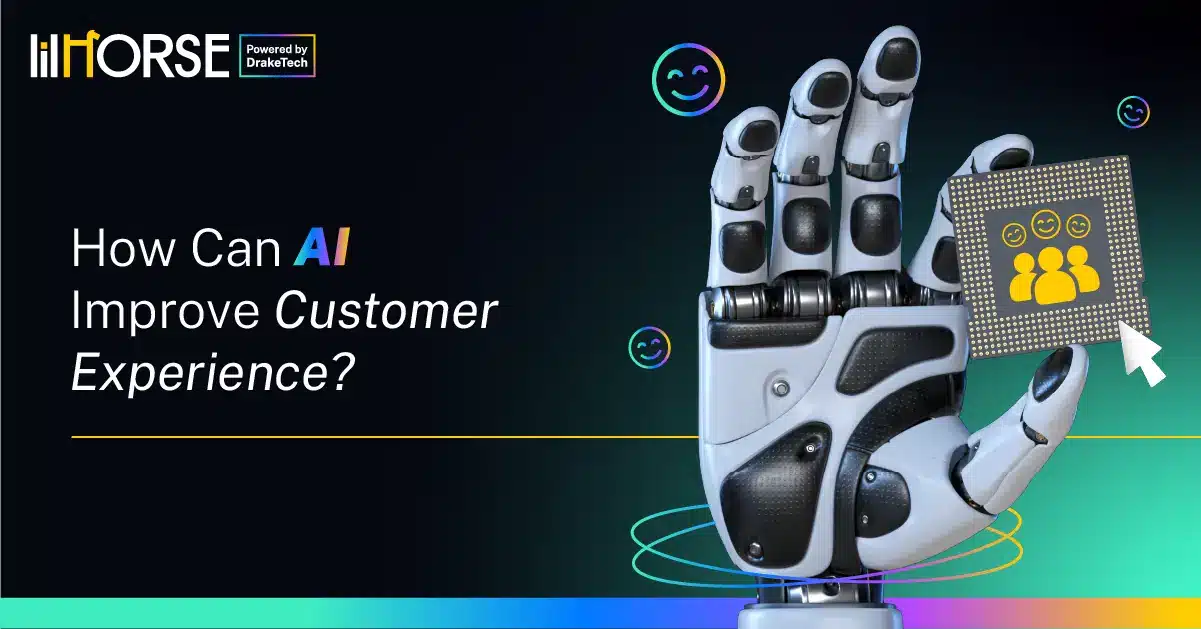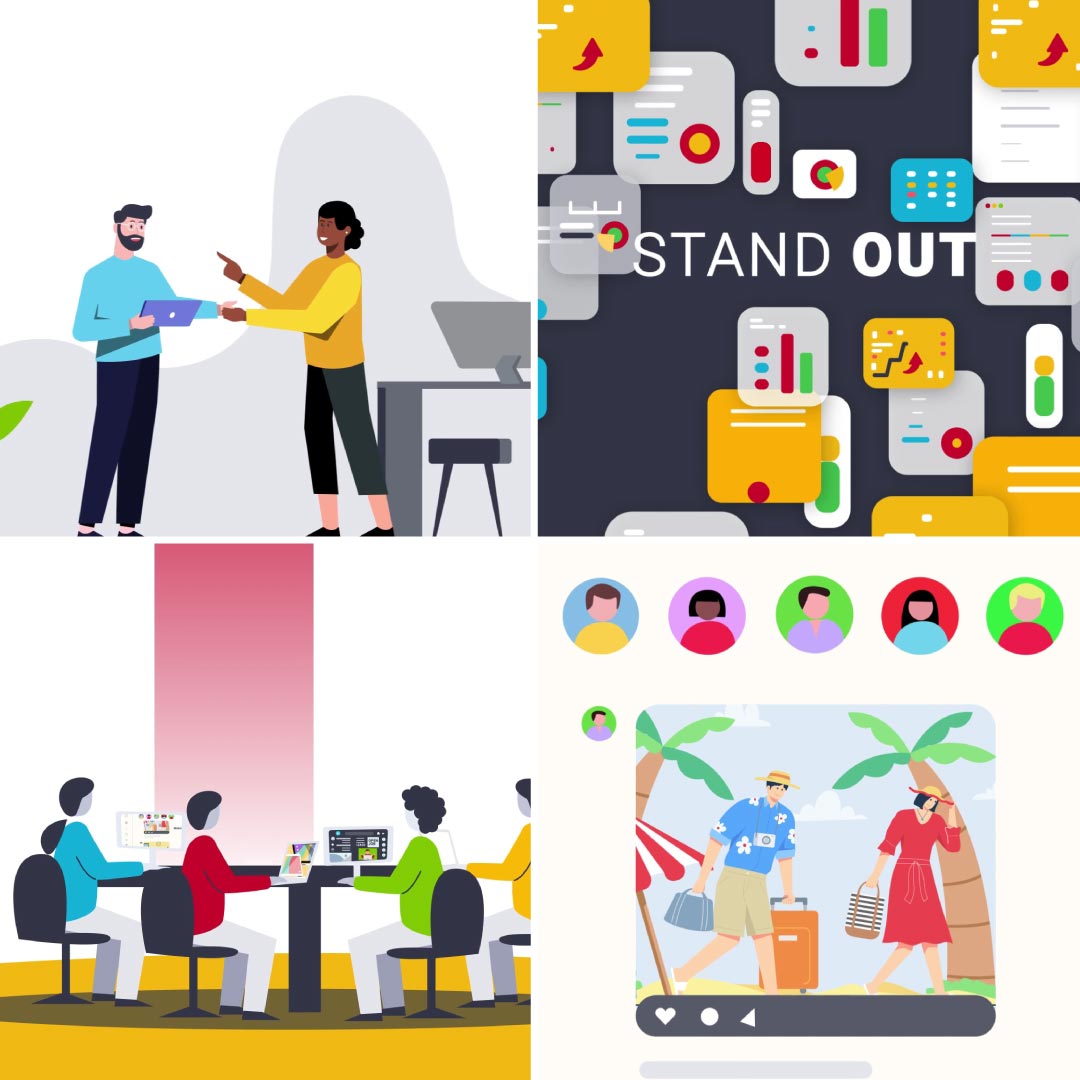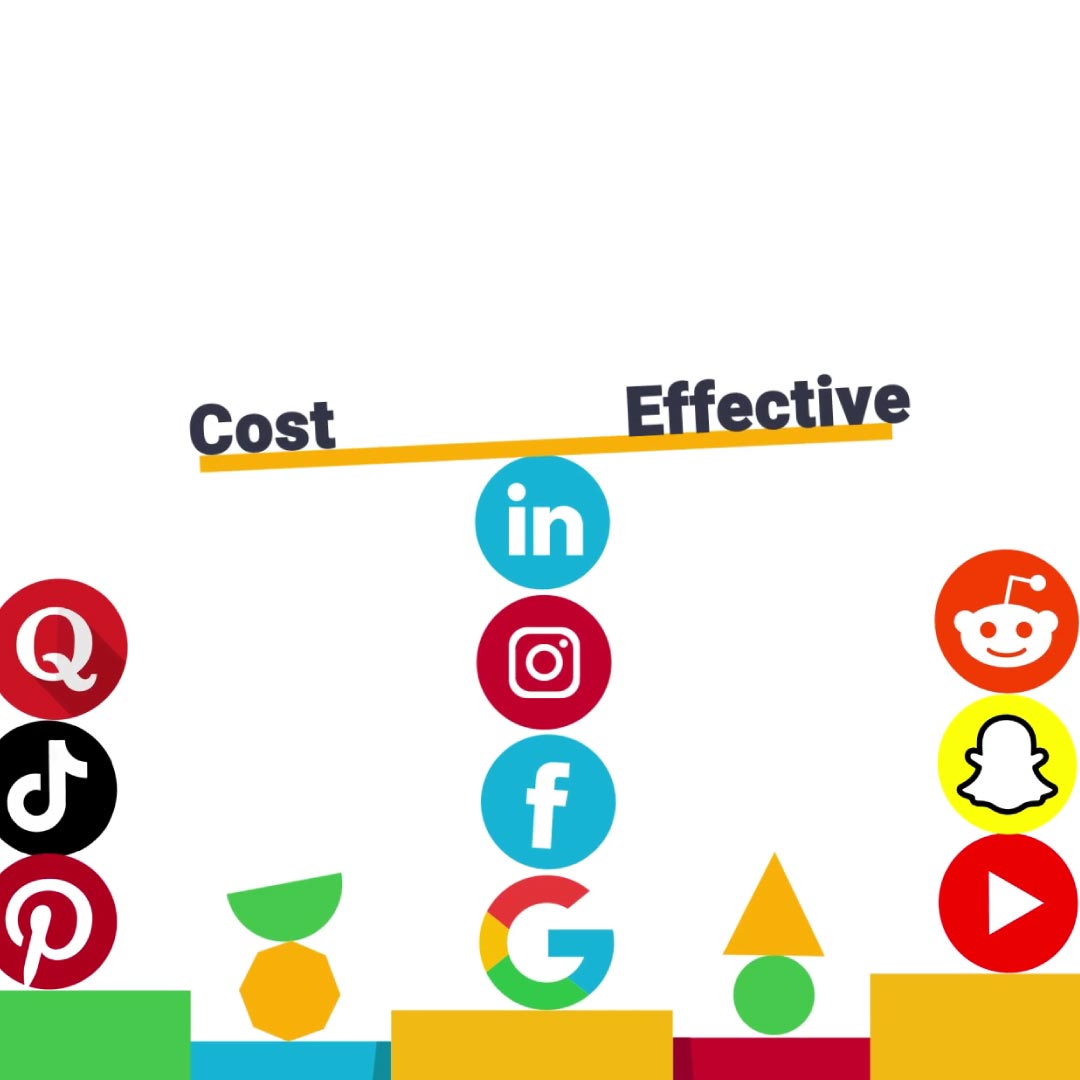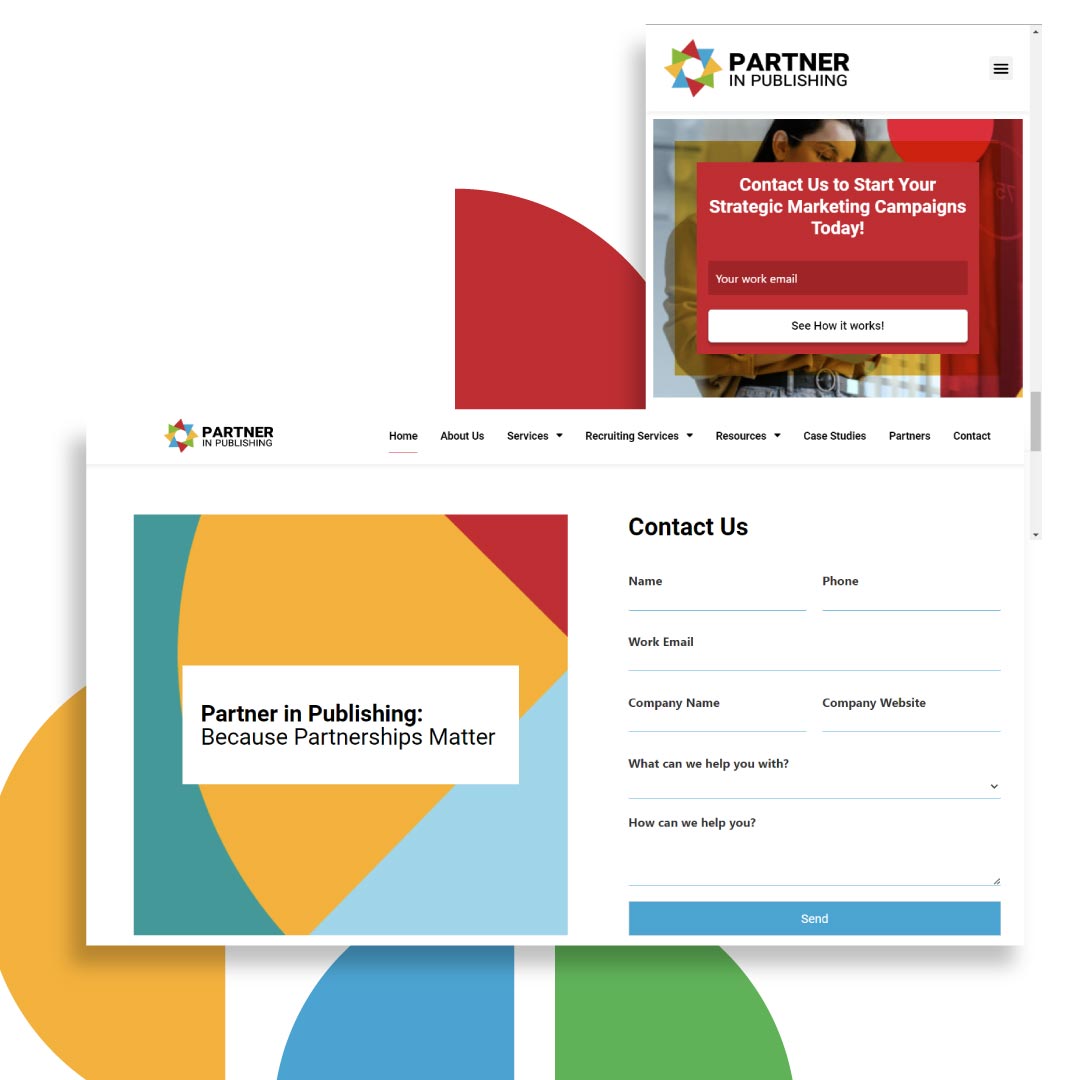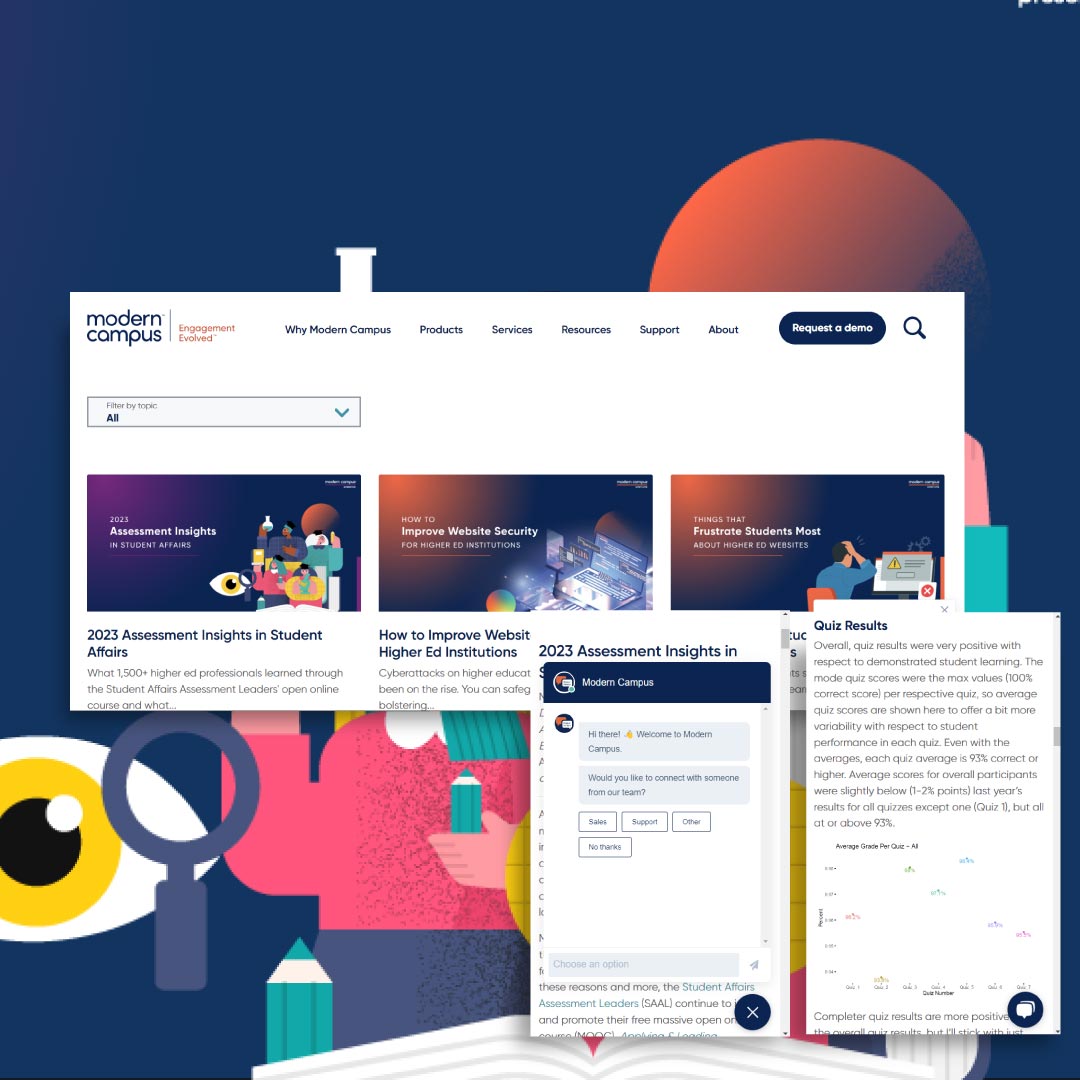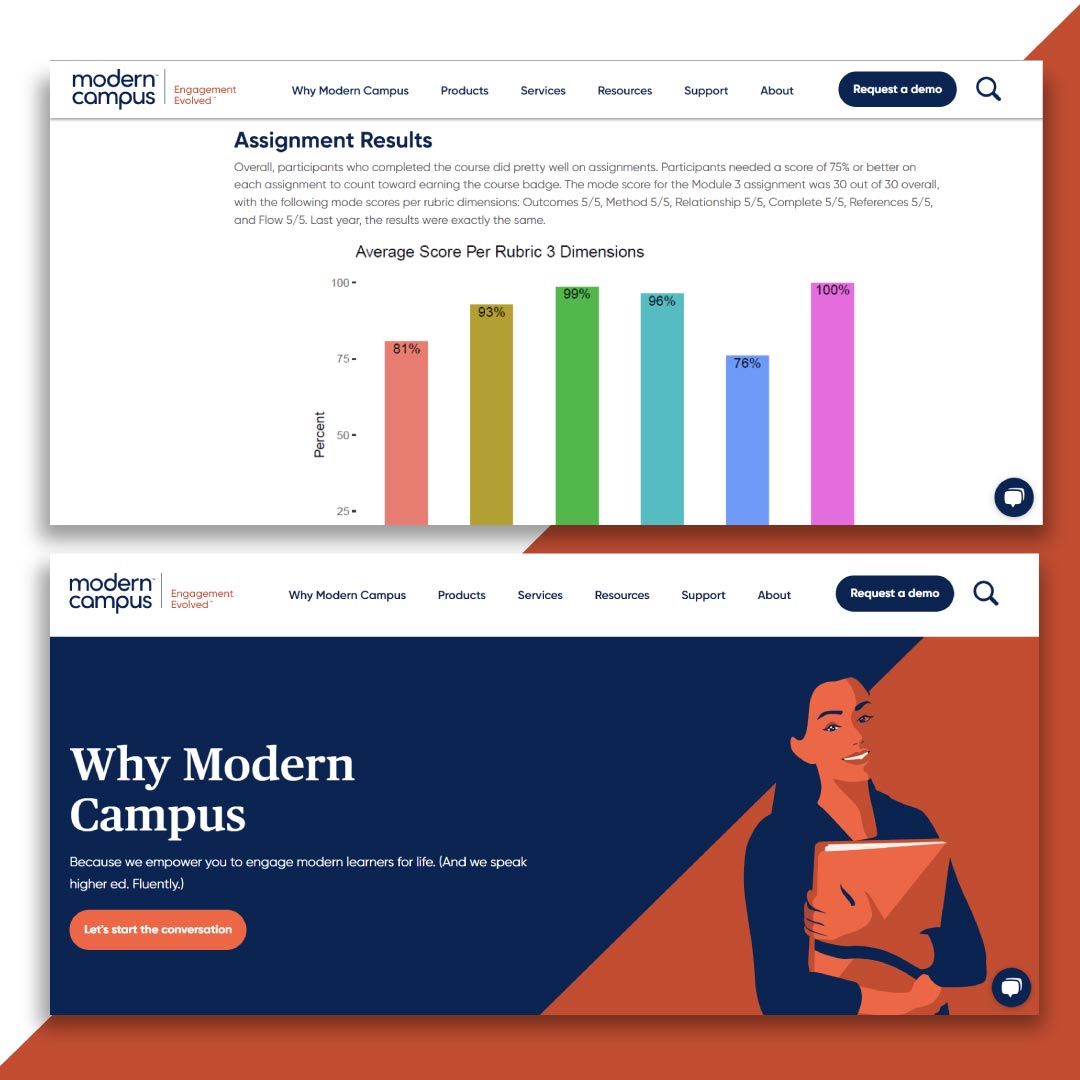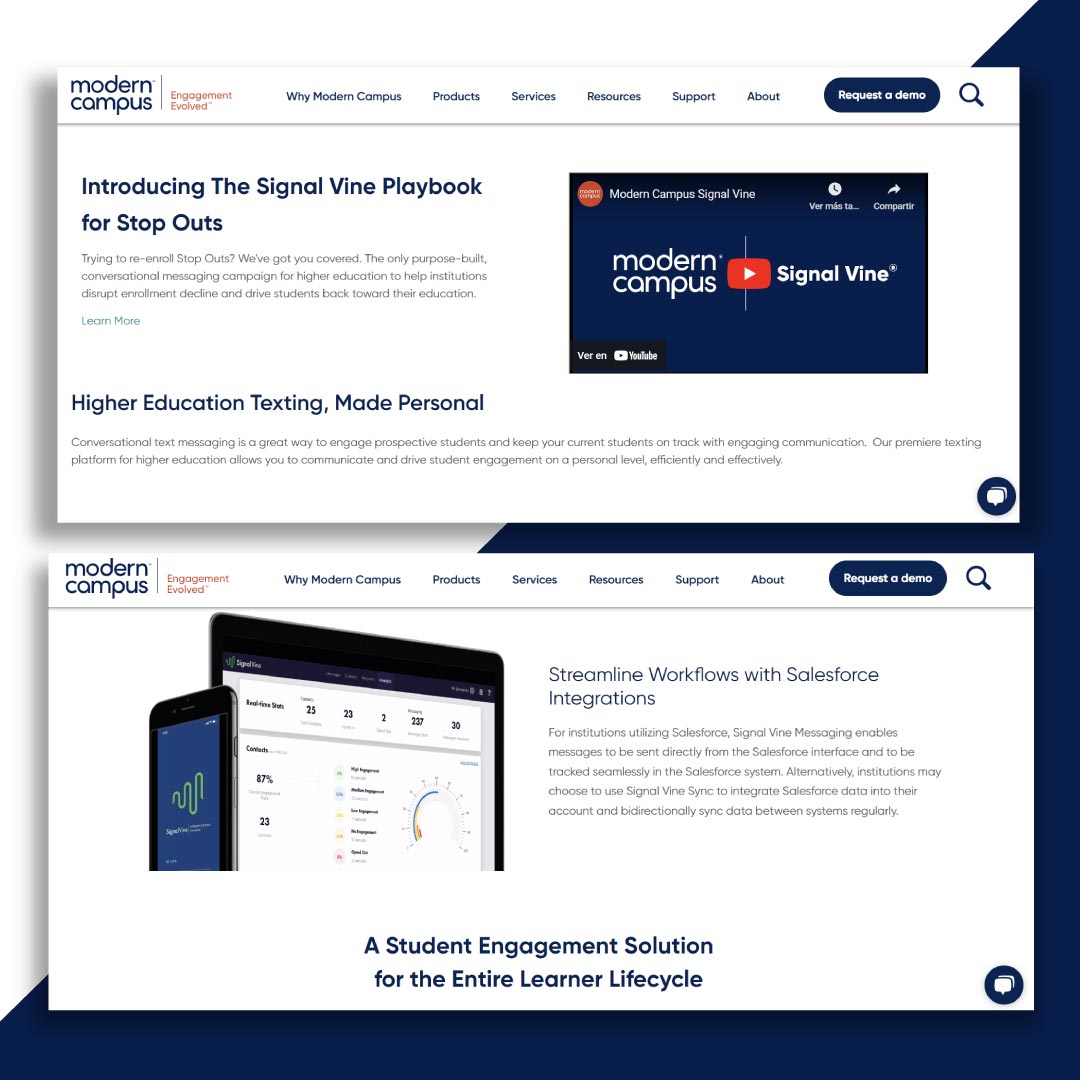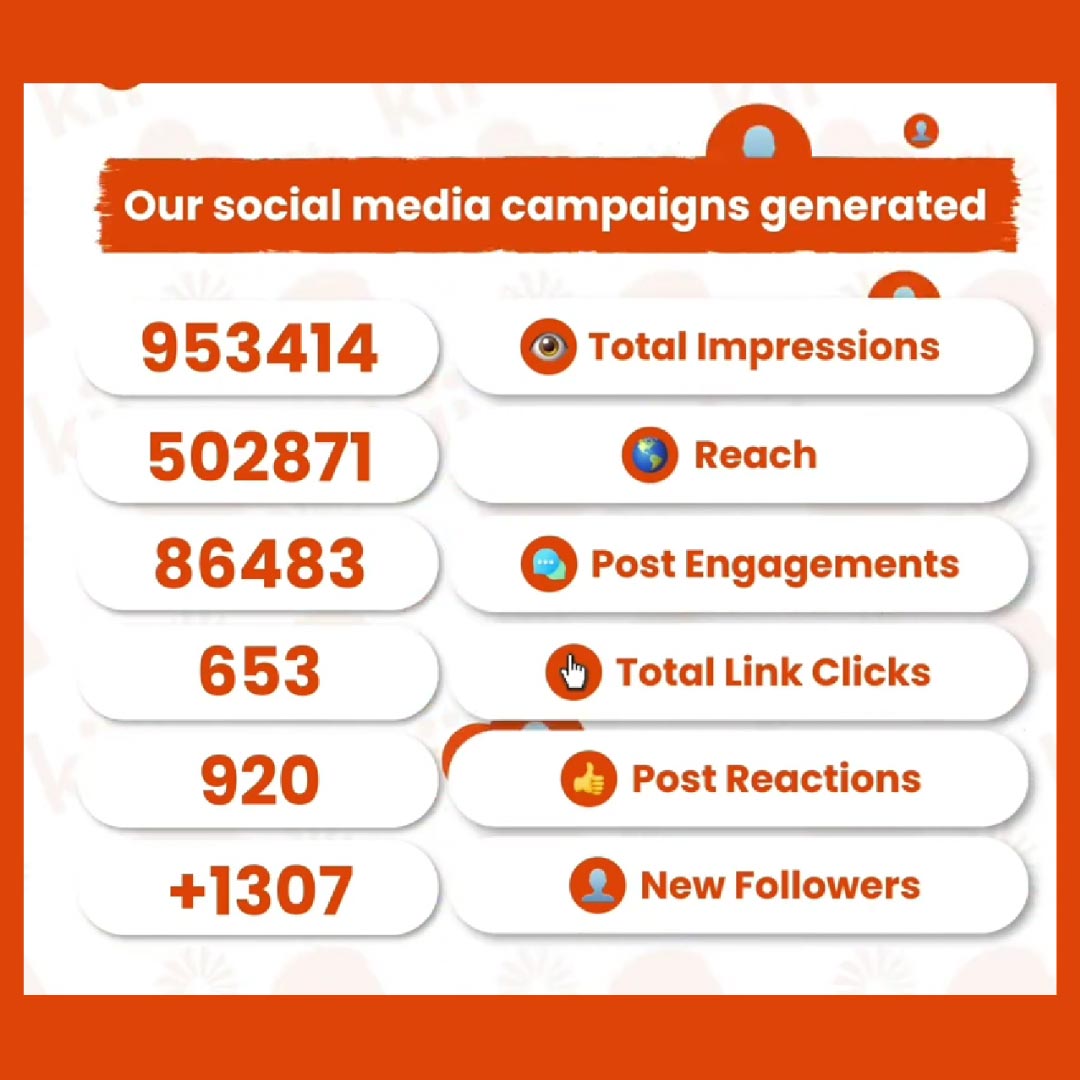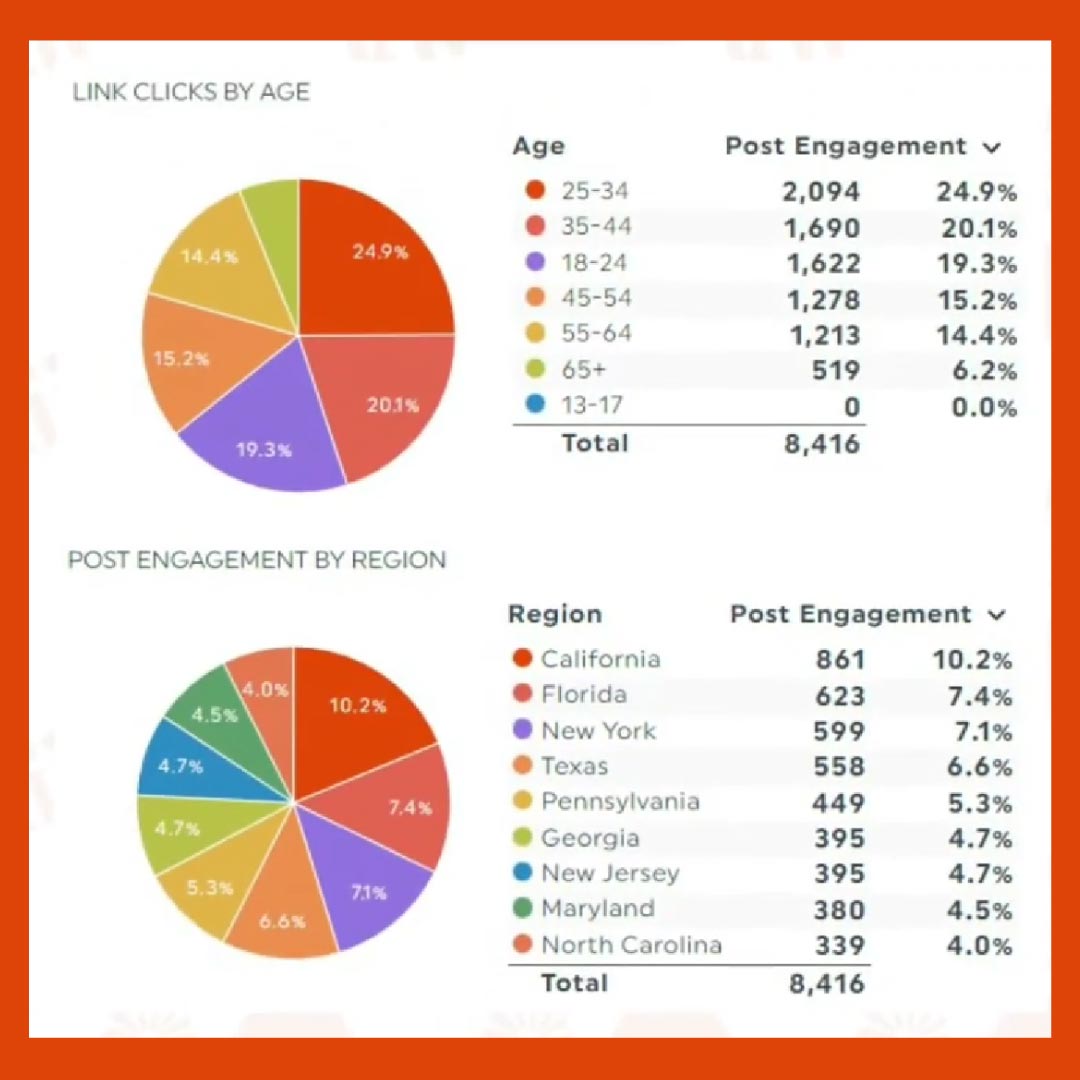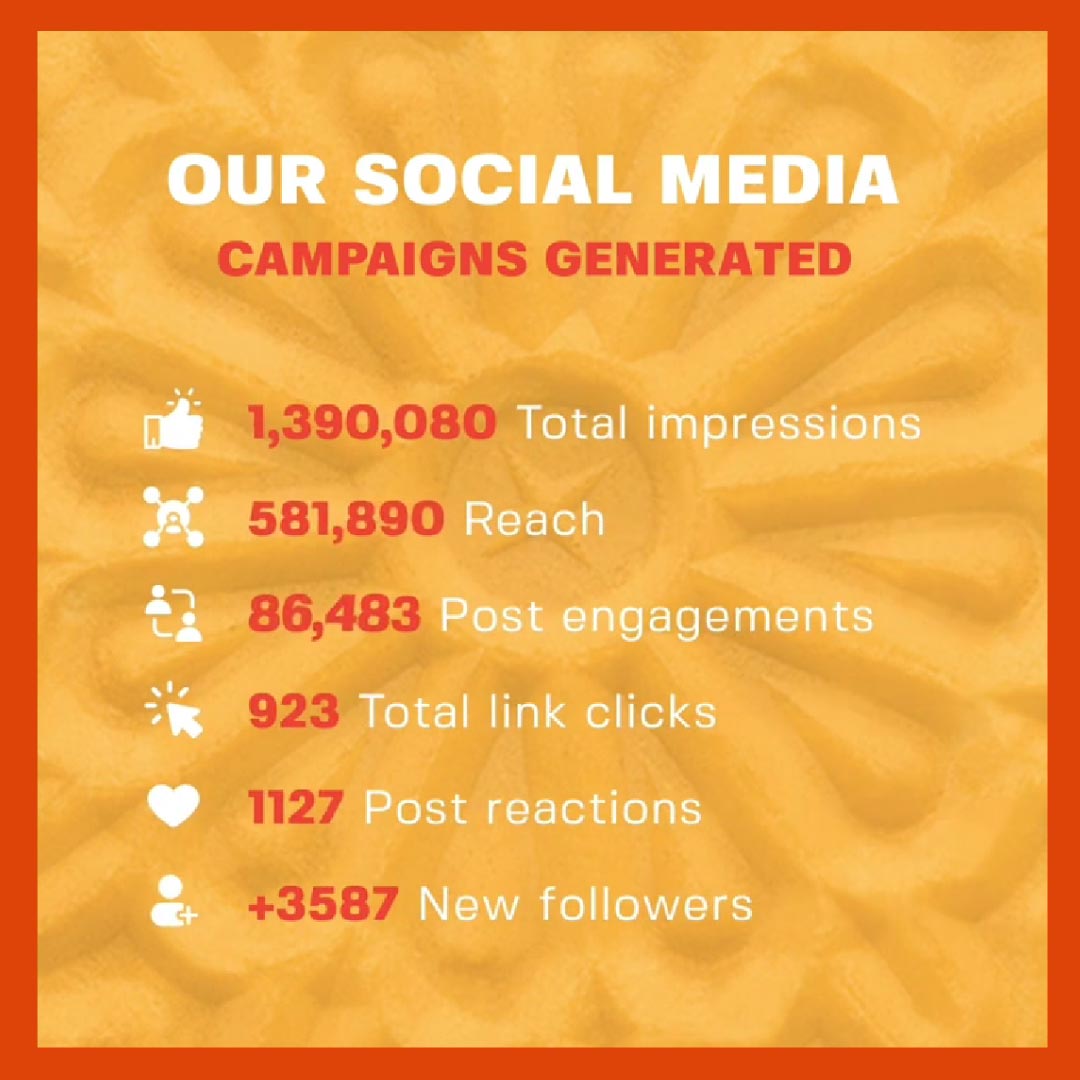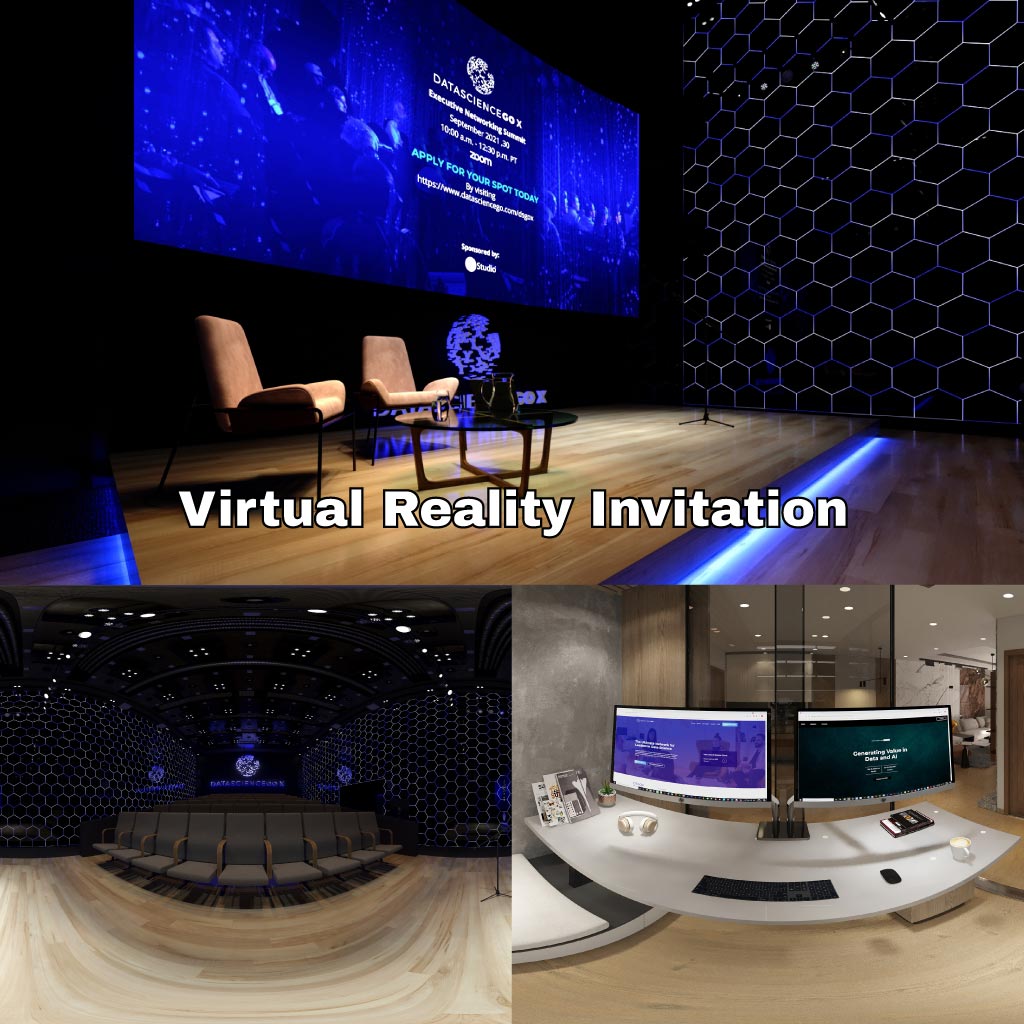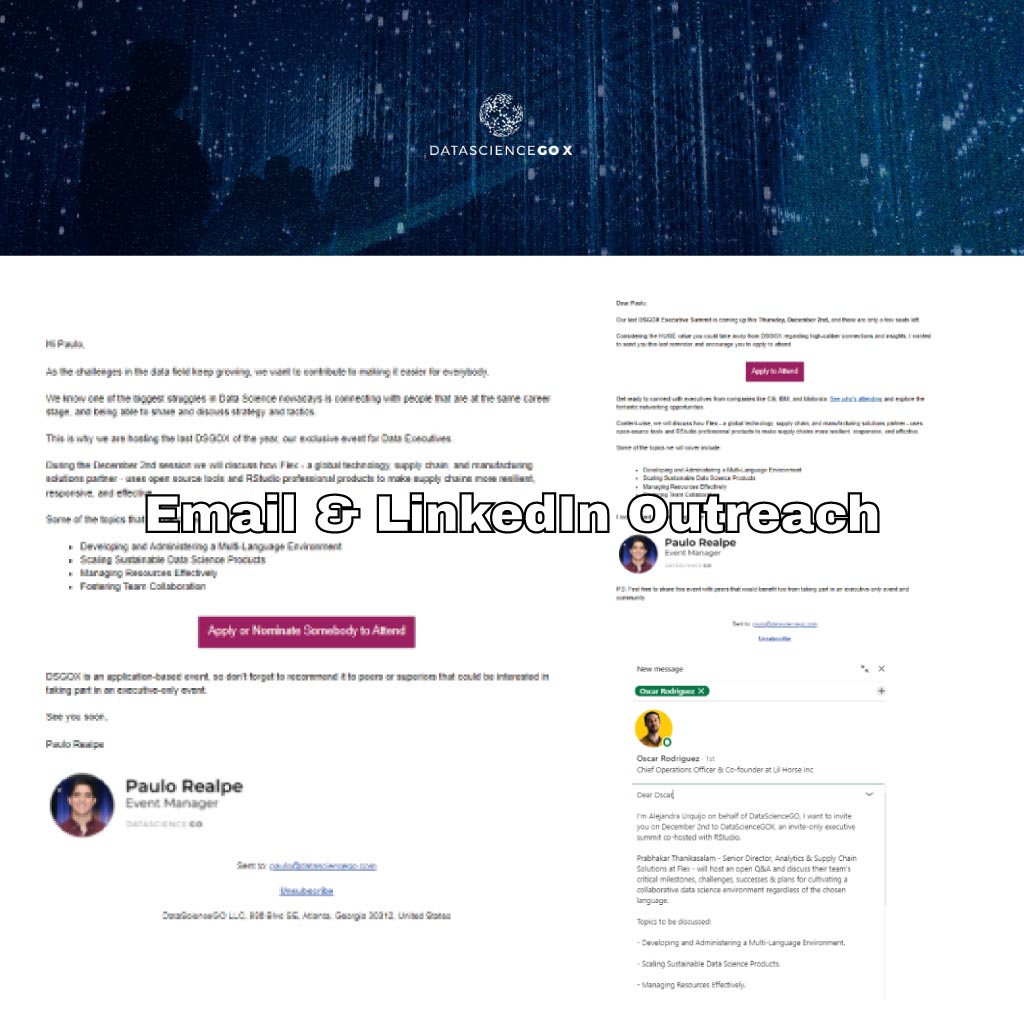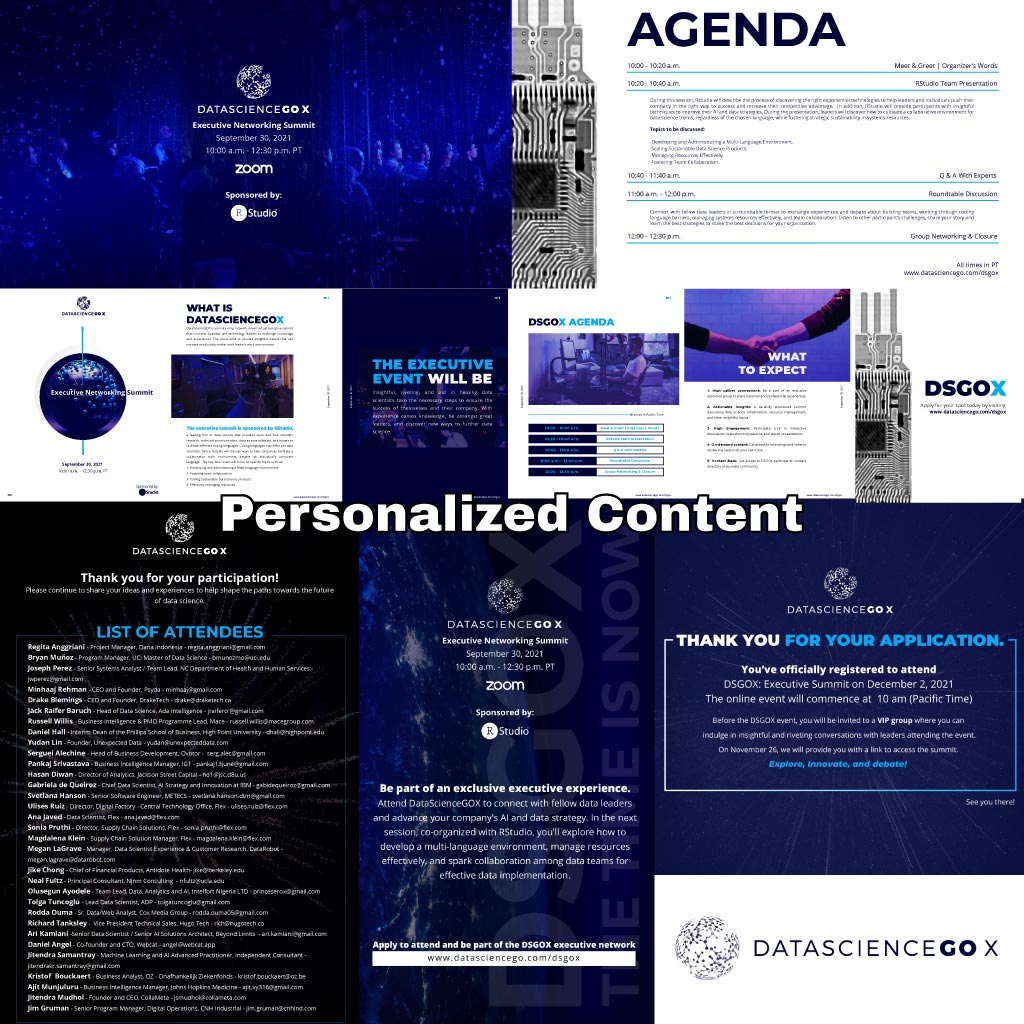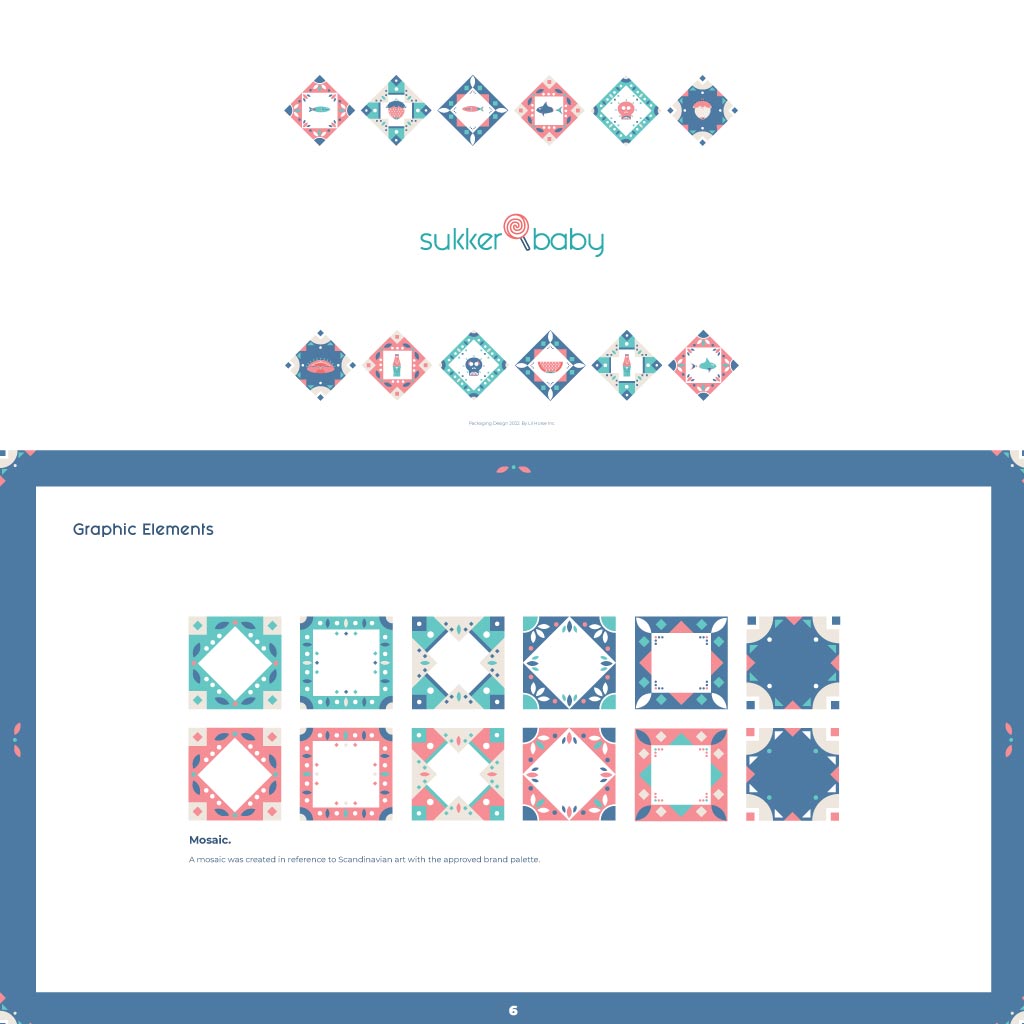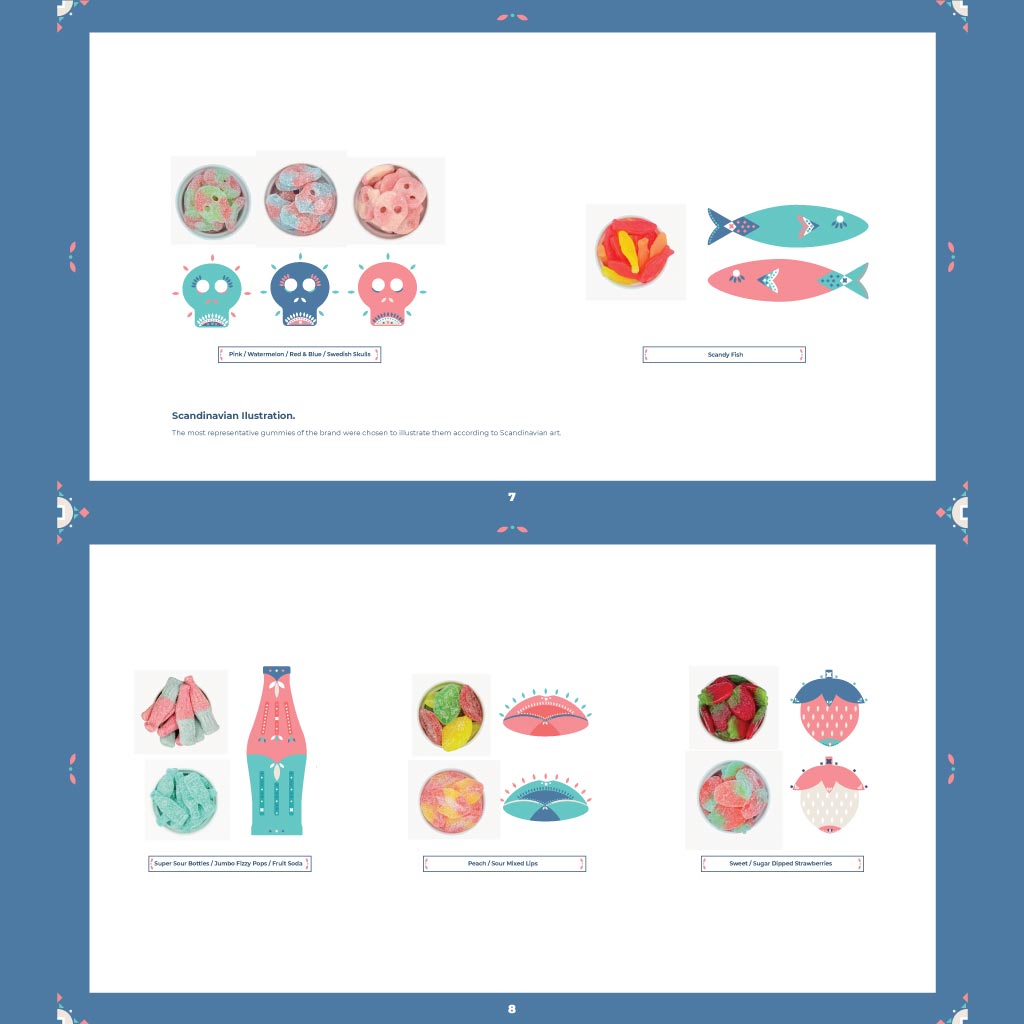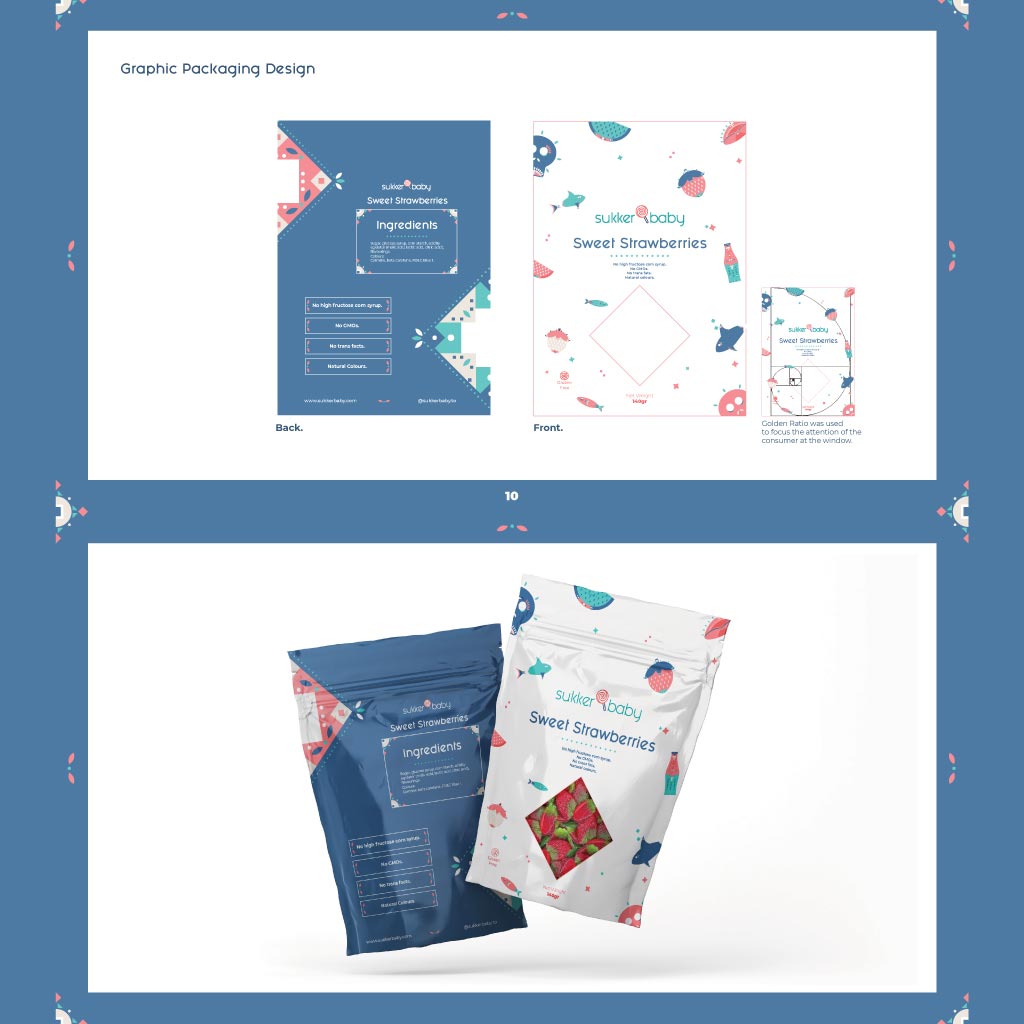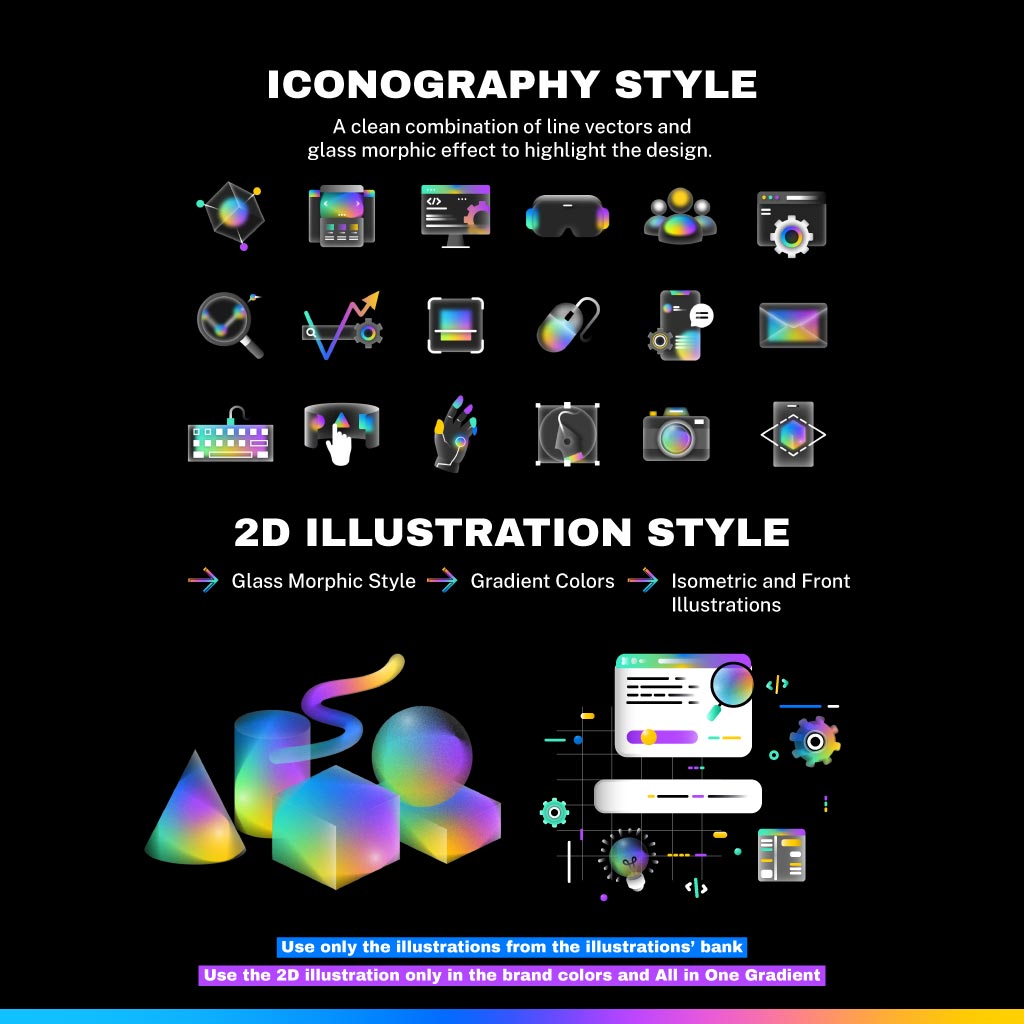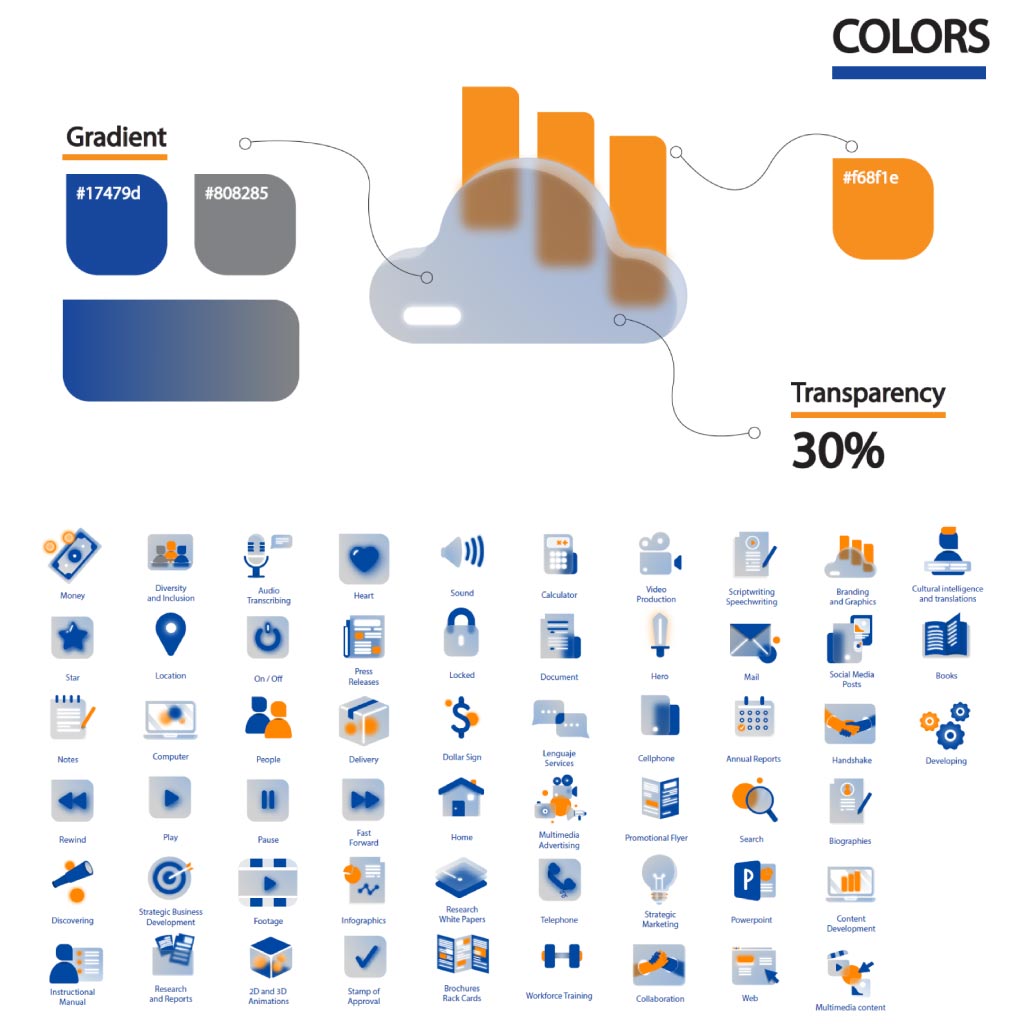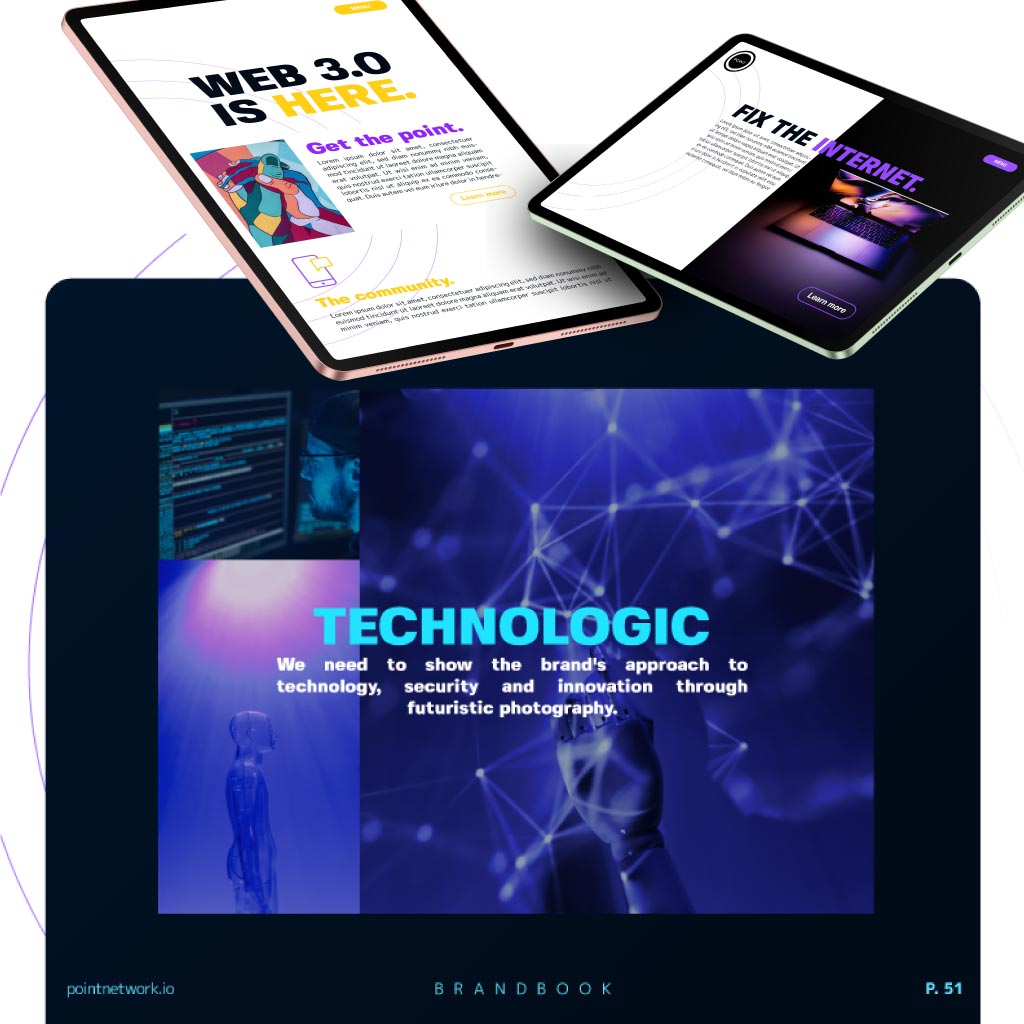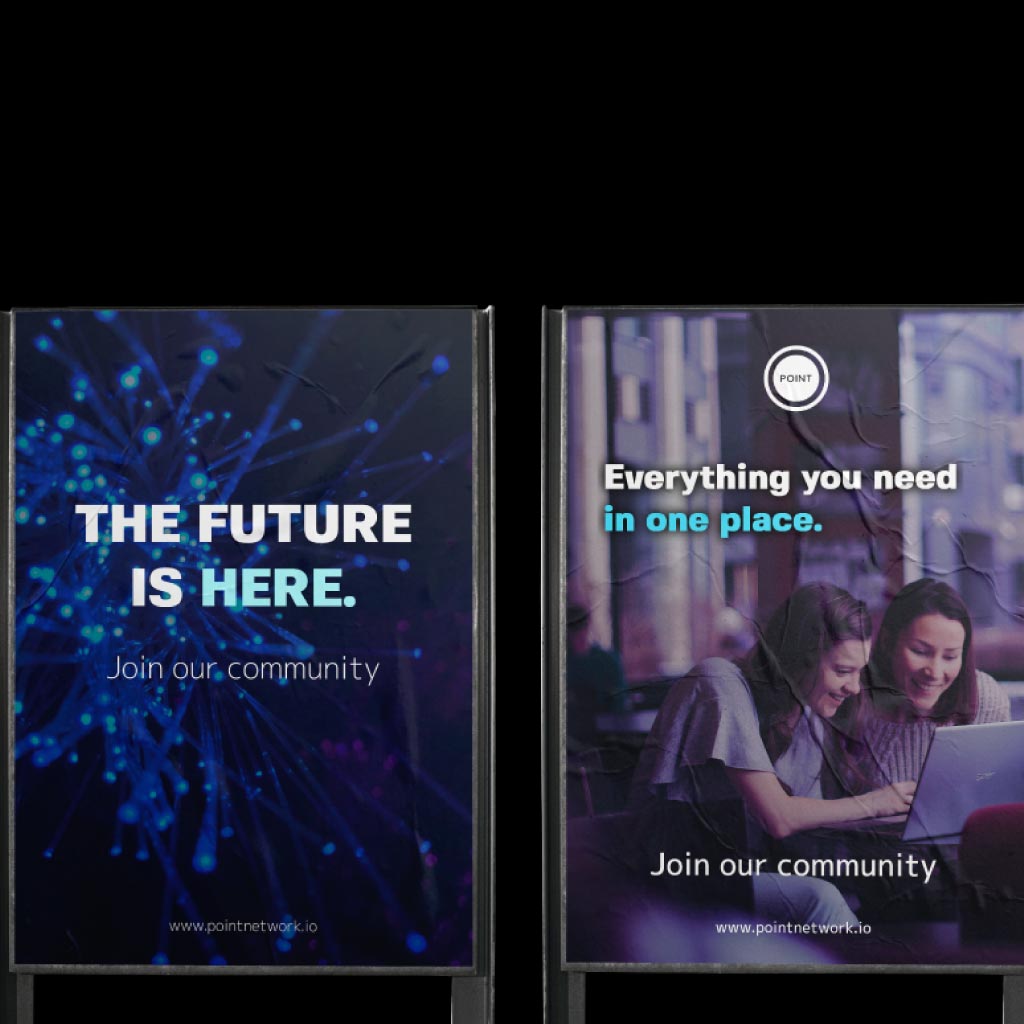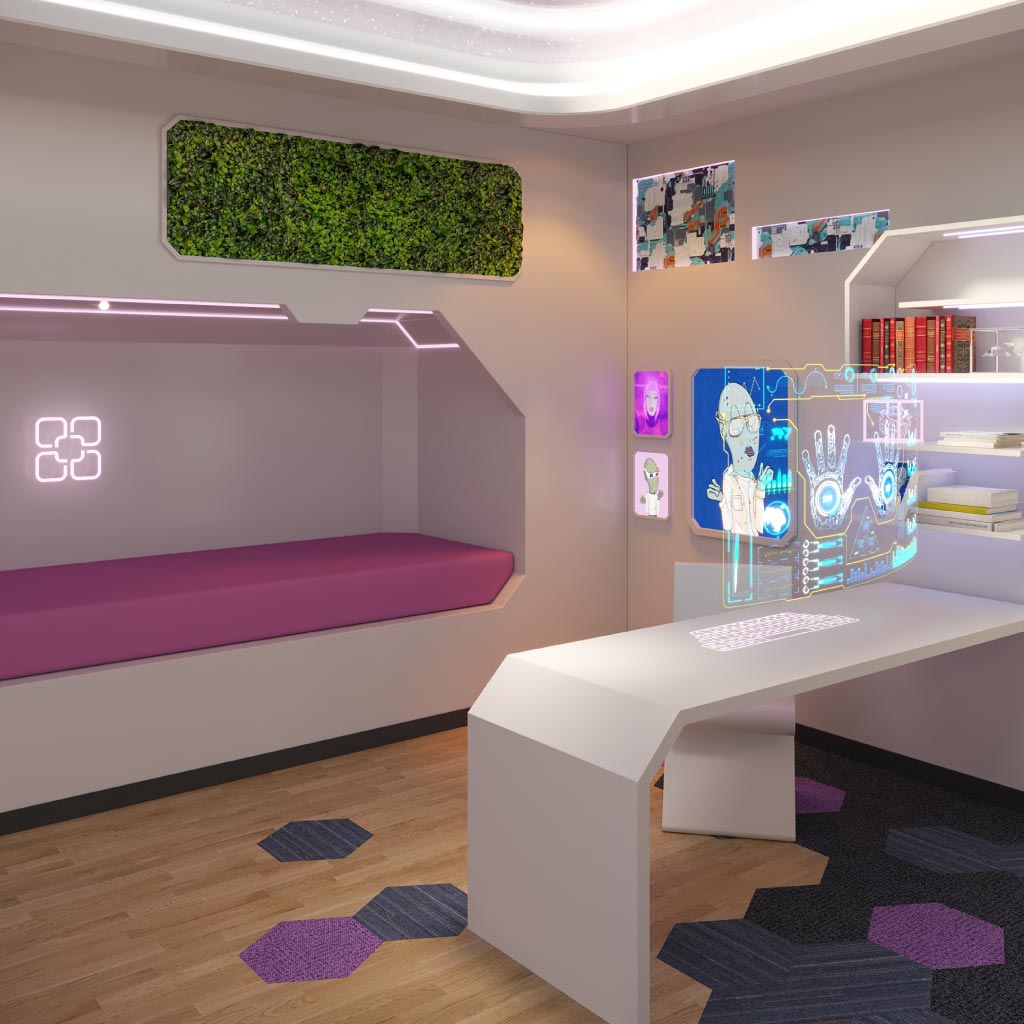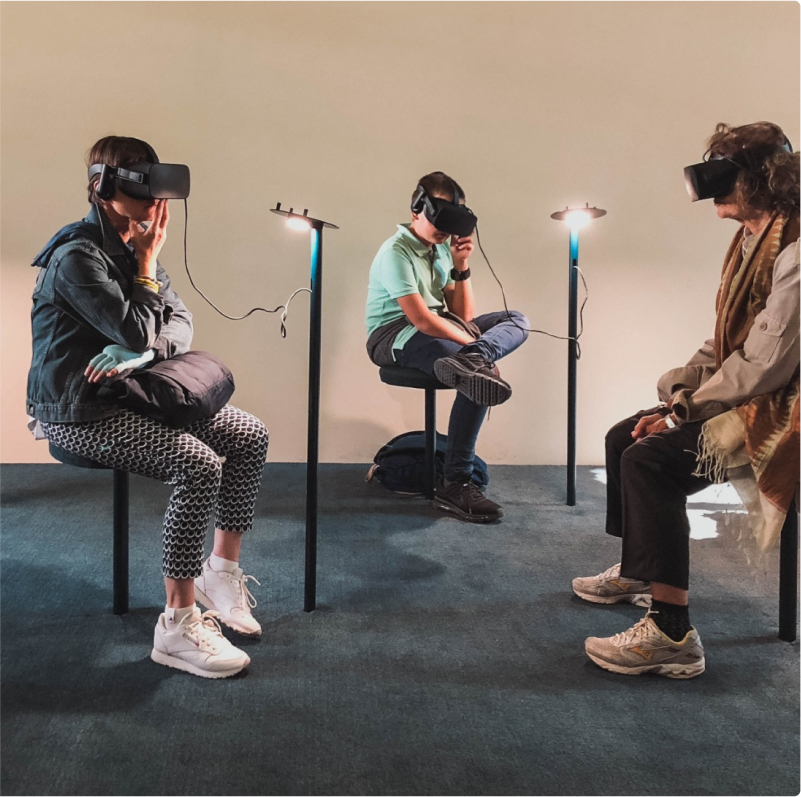In today’s fast-paced digital landscape, Artificial Intelligence (AI) has emerged as a game-changer, reshaping the realm of Customer Experience (CX). From AI-powered chatbots to Machine Learning (ML) algorithms, businesses are leveraging these technologies to enhance customer engagement and satisfaction.
We understand the importance of implementing new technologies to improve business efficiency, but we also know that changing paradigms is not always easy. But don’t worry! We’ve got your back covered.
This blog will comprehensively explore the multifaceted impact of how AI is transforming the online customer experience across various segments. Let’s deep dive together!
Benefits of AI in Customer Experience
In today’s rapidly evolving digital landscape, the integration of AI in customer experience has propelled businesses towards unparalleled advancements.
With entities like OpenAI on the cusp of achieving Artificial General Intelligence (AGI), the potential impact on customer experience is profound. AGI, characterized by versatile problem-solving capabilities akin to human intelligence, holds the promise of revolutionizing customer interactions.
The imminent breakthroughs in AGI research are poised to further enhance the benefits of AI in customer experience, ushering in a new era of seamless, personalized experiences for consumers. Through personalization and customization, predictive analysis, improved customer engagement and satisfaction, and efficiency and cost reduction, AI will elevate the customer experience to another level.
Let’s explore how these advancements will impact the consumer experience!
Personalization and Customization
AI excels in providing tailored customer experiences by leveraging data analytics and Machine Learning. The crux of AI in customer experience lies in personalization, ensuring a seamless, tailored journey for each user. This strategy fosters customer engagement and loyalty while significantly boosting customer retention rates.
The application of AI for business, particularly in personalization, revolutionizes how companies interact with their customers in real-time.
In Gartner’s insightful article titled “Improve Customer Experience With Artificial Intelligence,” the focus squarely rests on AI’s pivotal role in elevating user experiences. The article underscores AI’s unmatched capability in personalization, emphasizing its impact on driving customer loyalty and retention.
The roadmap to success involves understanding business dynamics, pinpointing specific needs, devising a strategic plan, delving into the customer journey intricacies, navigating through various AI options, and monitoring progress to ensure effective AI integration.
Predictive Analytics
Through machine learning and data analytics, AI facilitates predictive insights that enable businesses to anticipate customer behavior accurately. These insights, derived from customer journey mapping and data analytics, empower companies to proactively address customer needs, delivering a heightened intelligent customer experience.
According to Gartner’s insights, “Use Generative AI to Enhance Content and Customer Experience,” predictive analytics empower companies to tailor experiences in real-time, ensuring a seamless customer journey. This study also mentions that “by 2023, more than 80% of organizations will use some form of computer vision to analyze images and videos”, and Generative AI has a “proven impact on content development and customer experience.”
Improved Customer Engagement and Satisfaction
AI-powered customer experience tools such as chatbots and voice assistants provide swift, accurate responses to customer queries. Utilizing Natural Language Processing (NLP) and real-time data analytics, AI and chatbots are transforming the customer experience by ensuring efficient, round-the-clock support, thereby amplifying customer satisfaction.
Gartner predicts that AI, chatbots, and conversational user interfaces (CUIs) are transforming customer experiences, paving the way for more efficient and responsive support systems.
Efficiency and Cost Reduction
Automation, driven by AI technologies, streamlines operations, reducing manual intervention and operational costs.
The integration of AI-powered customer experience enhances operational efficiency while maintaining a consistent omnichannel support system, which is crucial for retaining customers in today’s competitive market. As mentioned by Gartner, AI-powered customer experience diminishes the need for extensive manpower, resulting in higher operational efficiency.
How Can AI Improve Customer Experience?
In the realm of customer experience, AI emerges not only as a disruptive force but also as a driving factor behind unparalleled advancements.
From its capability to decipher complex data for personalized recommendations to providing instantaneous solutions through chatbots, voice assistants, and sentiment analysis, AI empowers businesses to craft experiences tailored to each individual. Its real-time analytics and predictive insights revolutionize how companies anticipate and address customer needs.
Let’s explore each of these features.
Chatbots
AI-driven chatbots are transforming customer support, offering instant and personalized assistance. These chatbots, leveraging natural language processing and machine learning, provide real-time solutions, delivering a tailored customer experience that fosters engagement and retention.
With new technologies, chatbots won’t just be a predictable answer feature anymore. Instead, they will be intelligent and capable of providing real-time, appropriate solutions to your immediate customer needs. This is a clear example of AI improving customer experience, and it’s right around the corner!
Voice Assistants
Voice-enabled AI assistants like Siri or Alexa enhance the user experience by providing hands-free interaction. Through data analytics and machine learning, these assistants cater to user queries, offering personalized suggestions and services in real-time, thereby improving customer engagement.
Gartner’s insights in “Two-Minute Case Study – Artificial Intelligence: Sephora’s Newest Beauty Advisor” showcase how Sephora utilizes AI to offer personalized recommendations, improving user experience.
Sentiment Analysis
Have you ever imagined a machine analyzing human emotions? Well, now it’s a reality. AI’s capability to analyze customer sentiment from interactions aids businesses in understanding customer emotions and concerns.
Companies can address issues promptly by employing sentiment analysis through data analytics and machine learning, leading to improved customer retention rates.
Examples of Artificial Intelligence in Customer Experience
In the realm of customer experience, real-world examples serve as beacons illuminating the transformative power of AI. Industry leaders such as Starbucks, Sephora, and Netflix leverage AI to craft tailored and immersive experiences for their customers.
These exemplary cases vividly demonstrate AI’s prowess in predicting preferences, providing personalized recommendations, and fundamentally reshaping the customer journey.
Starbucks
Even if you don’t believe it, your coffee preference can be predicted! Starbucks utilizes AI to predict customer preferences based on various parameters such as location, weather, and historical data.
This approach leverages machine learning and data analytics, ensuring tailored offerings that enhance customer engagement and satisfaction.
Sephora
Sephora’s implementation of AI enables personalized product recommendations for customers.
Through advanced algorithms and data analytics, Sephora delivers a highly tailored digital experience, elevating customer satisfaction and retention. This has also helped Sephora increase its organic search visibility.
Netflix
Do you feel like Netflix knows you even better than your friends? Perhaps it does! According to Aish Fenton, Manager, Research, and Engineer, “80% of what people play on Netflix actually comes from the recommendation algorithm.”
Netflix’s recommendation algorithms, backed by data analytics and machine learning, provide users with personalized content suggestions. Continuous advancements in these algorithms ensure a superior digital experience, exemplifying how AI elevates customer experiences online.
Implementing AI for Customer Experience
Everything seems pretty amazing until now, but now the question is, how can we implement all of this to improve the customer experience in our business? The first thing to do is contact us (of course!), and also, you can do the following.
Identify Your Goals
Before implementing AI, define clear objectives aligned with enhancing personalization, improving response times, or reducing operational costs. AI for customer support must be aligned with business goals to maximize its impact.
According to David C. Edelman and Mark Abraham in their article “Customer Experience in the Age of AI,” “intelligent experience engines must be surgically focused on microgoals—positive moments composing the entire customer experience.”
Businesses can combine different AI options to meet their goals. “No one platform can comprehensively manage end-to-end personalization. Nevertheless, key problems, such as creating a 360-degree view of a customer, are being solved with automation, AI-powered intelligence, and activation tools for delivering AI-driven recommendations.”
Gather and Analyze Data
Data forms the foundation of AI-driven solutions. Gathering relevant customer data and employing robust data analytics methodologies ensures actionable insights for informed decision-making and effective customer segmentation.
Choose the Right AI Tools
Selecting AI tools compatible with business objectives is crucial. Consider scalability, compatibility, and integration capabilities when choosing AI-powered customer experience solutions.
Train Your Team
Equipping the workforce with the necessary AI skills and fostering a culture of continuous learning ensures the effective utilization of AI tools for enhancing customer experiences. Automation, combined with human expertise, delivers unparalleled customer support.
The Future of AI in Customer Experience
The future of AI in customer experience promises even deeper integration and sophistication. AI is already transforming customer experience, and it is poised to play an even more significant role in the future.
Here are some of the key trends that are expected to shape the future of AI in Customer Experience:
- Hyper-personalization: AI will enable businesses to create hyper-personalized experiences tailored to individual customers’ unique preferences and needs. This will be achieved through a combination of AI-powered data analysis, machine learning, and natural language processing (NLP).
- AI-powered empathy: AI will enhance customer interactions with empathy and emotional intelligence. This will be achieved through AI algorithms that can analyze customer feedback and social media posts to understand their emotional state. With this understanding, AI-powered chatbots and virtual assistants will be able to provide more personalized and empathetic support.
- Omnichannel support: AI will enable businesses to provide seamless support across all channels, including chat, email, social media, and phone. This will be achieved through AI-powered routing systems that can direct customer inquiries to the most appropriate agent or chatbot.
- AI-powered self-service: AI will empower enterprises to offer more robust self-service options, allowing customers to resolve issues on their own without having to contact a human agent. This will be achieved through AI-powered chatbots and virtual assistants that can provide step-by-step instructions, troubleshoot problems, and answer frequently asked questions (FAQs).
- AI-powered customer insights: AI will facilitate companies to gain deeper insights into their customers’ needs and preferences. This will be achieved through AI algorithms that can analyze customer data to identify patterns and trends. With these insights, businesses can make better decisions about product development, marketing, and customer experience.
In addition to these trends, AI is also expected to play a role in the development of new CX technologies, such as Augmented Reality (AR) and Virtual Reality (VR). AR and VR can be used to provide customers with more immersive and interactive experiences, such as virtual product demos and personalized product recommendations. So, we invite you to always be Future-Ready!
Conclusion
Artificial Intelligence is at the forefront of revolutionizing customer experiences. From personalized interactions to predictive analytics, AI and chatbots are transforming the customer experience landscape, providing real-time, tailored solutions that enhance customer engagement and retention.
Implementing AI for customer support requires a strategic approach, leveraging data analytics, machine learning, and automation to offer seamless omnichannel support that ensures customer satisfaction and loyalty.
In summary, the future of AI in customer experience holds tremendous potential. Businesses that adeptly harness AI’s capabilities will forge stronger customer relationships, ensuring a competitive edge in an evolving market. Basically, businesses today have no excuses for not having a professional user experience.
In today’s world, using AI to improve customer experience isn’t just a nice-to-have; it’s a necessity. We’re here to support you throughout this process!
This comprehensive exploration underscores how AI, with its capability for personalization, real-time interactions, and data-driven insights, reshapes the landscape of customer experiences, driving businesses toward enhanced engagement, satisfaction, and customer retention.
Don’t let Artificial Intelligence outsmart you! Employ it wisely to harness its advantages for your business goals. Remember, we’re here to support you throughout this process.
